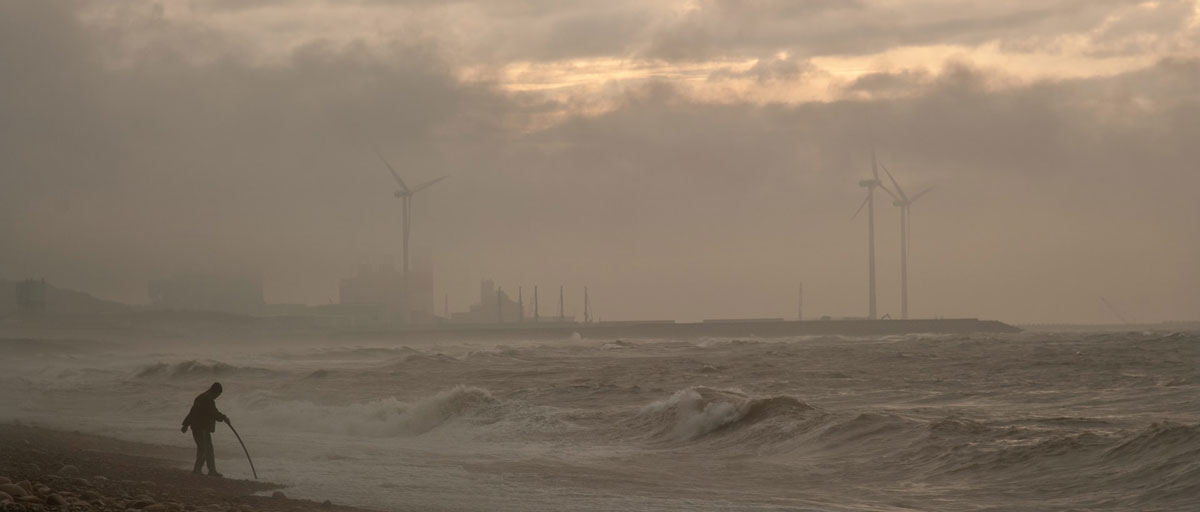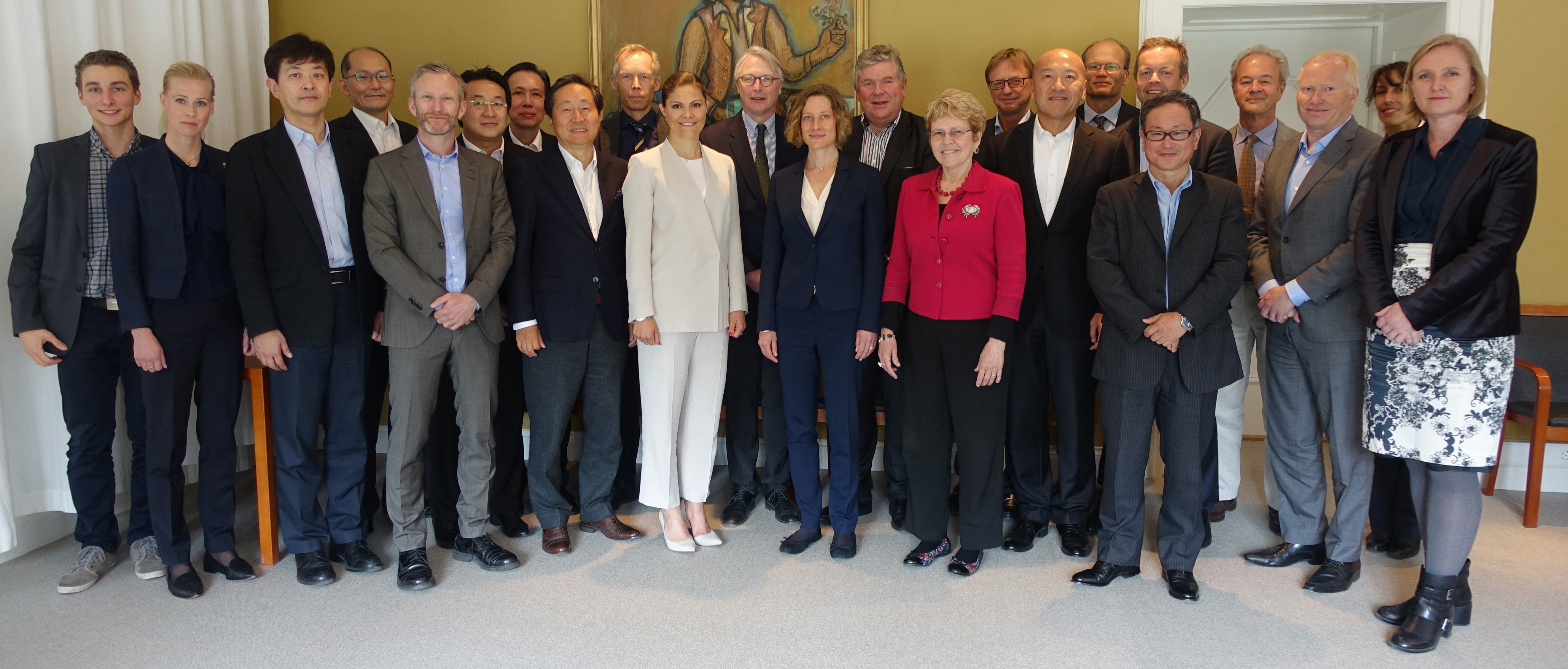Bildtext får vara max två rader text. Hela texten ska högerjusteras om den bara ska innehålla fotobyline! Photo: B. Christensen/Azote
MARINE SUSTAINABILITY
How to best attune to a rapidly changing ocean

The speed and scale of ocean changes means that long-term scientific endeavours need to be maintained, and expanded, to truly understand what is reshaping the world’s ocean. This is the main message in a study recently published in PNAS. Photo: T. Dahlin/ Azote
- The analysis is based on research collaborations stretching back decades and even centuries in the Nordic region
- Commitment to very long-term measurements will be essential for robust decision making under deep uncertainty
- scientists need to better appreciate the interwoven, changing and complex nature of the ocean and societies
Scale of current challenges requires scientists to take on a greater responsibility
“NOT TRAINED WITH ADEQUATE SKILLS”: Nordic marine researchers have published a new analysis exploring how science can inform policy for a long-term sustainable marine environment.
The researchers conclude that the scale of current challenges “requires scientists to take on a greater responsibility and engage more actively in society”.
Long-term measurements will be essential
The analysis, published in the journal Proceedings of the National Academy of Sciences (PNAS) is based on an assessment of research collaborations stretching back decades and even centuries in the Nordic region and how this has supported policy towards, for example, more sustainable fisheries.
Current knowledge indicates that scientists need to better appreciate the interwoven, changing and complex nature of the ocean and societies.
The speed and scale of ocean changes means that long-term scientific endeavours need to be maintained, and expanded, to truly understand what is reshaping the world’s ocean.
The spring bloom of phytoplankton in the Arctic ocean is now occurring 50 days earlier than in the 1990s. The Atlantic Ocean overturning circulation has slowed 15 per cent since the 1950s. And ocean acidification is underway at rates not seen in at least 66 million years.
Commitment to very long-term measurements will be essential for robust decision making under deep uncertainty, according to the researchers, who include Thorsten Blenckner and Henrik Österblom from the Stockholm Resilience Centre.
Trust building essential
In addition, strong scientific organisations working on research that integrates the challenges facing the ocean should be supported.
And finally, trust building between the scientific community and policy makers and other stakeholders needs to be maintained and enhanced.
The paper highlights several areas showing the complexity of the future challenge.
One example is that climate change may push fish stock towards the Arctic. The researchers summarise recent work stating that the catch potential in high-latitude areas like Iceland and Greenland may increase 30-70 per cent by 2055 – a bonus for the fishing industry in the north.
While this shift is partly due to climate change, the future sustainability of this additional resource will depend even more on science-based resource management.
Lack of adequate skills
The researchers conclude, “current knowledge indicates that scientists need to better appreciate the interwoven, changing and complex nature of the ocean and societies” to provide potential sustainable pathways, but for this to happen we need a new wave of thinking that truly recognizes the immensity of the challenges we’re facing.
The researchers are concerned that most scientists are “not trained with adequate skills to understand and approach marine social-ecological systems in a holistic way.”, but strong and lasting Nordic collaborations can become springboards towards reaching these goals.
Podcast: will the Ocean Science Decade help make our oceans healthy again?
Stenseth, N.C., Payne, M.R., Bonsdorff, E., Jankel, D.J., Durant, J.M. et.al. 2020. Attuning to a changing ocean. Proceedings of the National Academy of Sciences, vol. 117 no. 34 20363-20371. DOI: https://doi.org/10.1073/pnas.1915352117
For more information about the study, contact , contact co-authors Thorsten Blenckner and Henrik Österblom:

Thorsten Blenckner's research focus is on whole ecosystem processes and multiple stressors, the complexity of for example the Baltic Sea ecosystem









